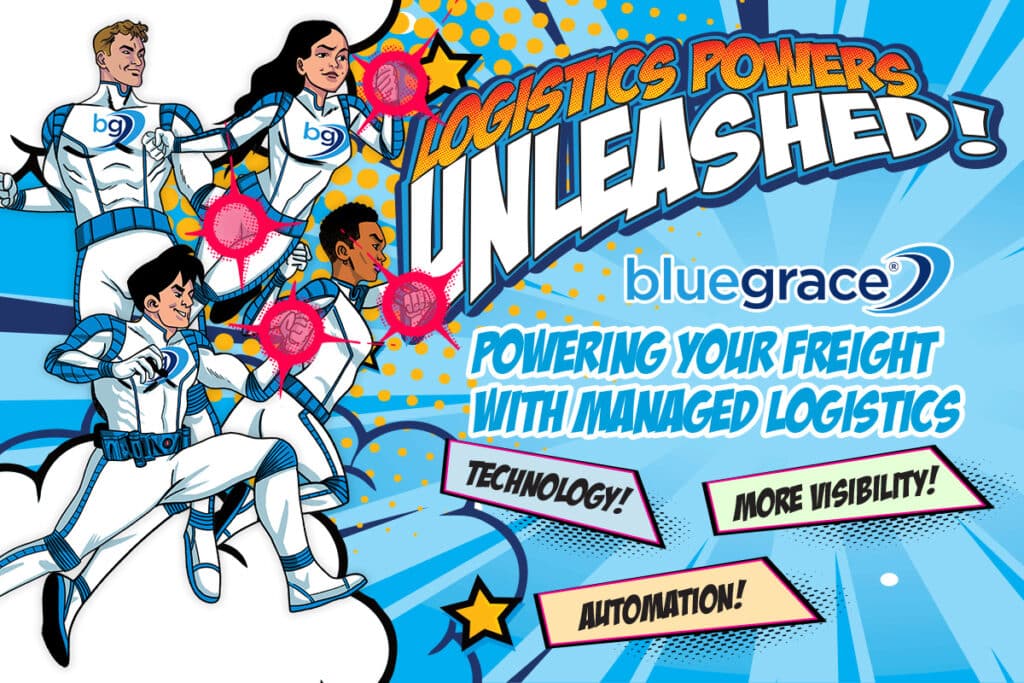
“Going Green” has been an action catchphrase for just about every industry over the past decade. Consumers laud companies that put out green initiatives or take other steps that make their company run cleaner and help slow some of the daily damage caused to the environment. Yet despite all the happy little symbols and environmentally friendly packaging, many companies aren’t really concerned about it. Off the record, some companies will admit that they don’t think the effort is actually necessary and that their company is running just fine the way it is. A more common opinion is that even if global warming is a real danger, that it’s simply cost prohibitive to make any drastic or long-lasting changes to their operations.
There is something of a disparity between consumer idealism and what a corporation deems as necessary. Moreover, it creates an argument between the two. The need to protect the planet, and a corporation’s responsibility to create paying jobs for the general public while providing affordable goods and services.
The Lesser of Two Evils
Even for the corporations and manufacturers that realize the need for environmental sustainability, there is a need to continue to manage their supply chains in such a way as to sustain their own business. This creates a rift between corporate and consumer. A good example of this was when NGO ForestEthics released a report that slammed retailers and logistics providers alike for using companies who fueled fleet trucks with diesel that was created with bitumen sands from Alberta which causes a considerable strain on the environment.
Even when companies are trying to do the right thing, it’s never so cut and dry, leaving them handling the proverbial double-edged sword.
Alberta’s government, however, countered with statistics showing the number of jobs created by the oil sand farming as well as the overall economic contribution that came from the operation. Walmart also came up against a consumer conscious hardship in the effort to take steps towards sustainability. In 2015, the retail giant developed a seafood certification plan that was intended to promote ocean sustainability. The environmentalist group, Greenpeace, said that Walmart’s efforts weren’t enough, whereas the Alaskan fishermen that were providing the seafood said that the requirements were too much to handle. Even when companies are trying to do the right thing, it’s never so cut and dry, leaving them handling the proverbial double-edged sword.
A Matter of Cost
Why should a company go the extra mile to make sure they’re going green if the consumer isn’t willing to meet them at the checkout line?
Speaking of the double-edged sword, there’s also the cost to be concerned with. While the general consumer consensus says that they would like everything to be sustainably sourced and environmentally friendly, the truth of the matter is that most consumers don’t want to pay the extra costs associated with it. So that begs the question, is environmental sustainability really worth the effort? Why should a company go the extra mile to make sure they’re going green if the consumer isn’t willing to meet them at the checkout line?
Three Big Reasons to Go Green
According to Yossi Sheffi, the Director of the MIT Center for Logistics and Transportation, there are actually three big reasons why companies should continue to make the effort to become sustainable. Risk mitigation, cost-cutting, and hedging. “Regardless of the degree to which company executives believe in the threat of climate change or the ravages of environmental degradation, many of their customers do, and they need to respond to these beliefs (even though the same customers are not likely to be willing to pay more for sustainable products). If they don’t, they risk incurring the wrath of NGOs and the media, leading to reputation damage,” Director Sheffi explains. In terms of cutting costs, Mr. Sheffi explains that green initiatives can help to reduce supply chain costs. “An example is how reducing the number of empty miles can shrink a company’s carbon footprint and capture cost savings in freight transportation. Retailer Macy’s eliminated 21% of empty miles and saved about $1.75 million annually by joining a program that posts retailers’ empty miles and finds shippers that can take advantage of the unused truck capacity.”
Millennial consumers tend to be more environmentally conscious than the baby boomer generation of consumers, and these convictions may shape future markets.
Hedging is also a big reason to start planning and initiating green operations. Given that the generational dynamic is moving away from the baby boomers and into the millennials, there is going to be a change in consumer taste and demand. “Millennial consumers tend to be more environmentally conscious than the baby boomer generation of consumers, and these convictions may shape future markets.” Sheffi explains that the Clorox Company actually lost money with their green initiative “Green Works.” It was a small, environmentally friendly product line, that didn’t fare too well in the market but in exchange, the chemical company learned a lot about the manufacturing and marketing of such products.
It’s Not Easy Being Green
Finding the right balance between green practices and practical manufacturing is easier said than done. In the case of Clorox, they had to lose money to learn a valuable lesson. But not all initiatives are a loss for the company. Campbells Soup, for example, managed to change their packaging process which cut waste and saved them a good bit of money in exchange.
Companies really have to examine their operation and decide which is the best course of action to take for manufacturing and the transportation of their goods, start to finish. In this, the ultimate intentions aren’t really what’s important. Even if a company tweaks their supply chain just to be more efficient and ends up cutting down on carbon emissions, the end result is a net win, both for the environment as well as the profit margin.
Improving the supply chain is not only a great way to lessen the carbon footprint, but improve operational efficiency and profits.
With better efficiency comes a reduced impact on the environment. As the supply chain is the industry heavy hitter for greenhouse gases and carbon emissions, improving the supply chain is not only a great way to lessen the carbon footprint, but improve operational efficiency and profits. This is where a 3PL like BlueGrace can help. BlueGrace specializes in identifying weak spots in the supply chain and provide a holistic solution, making your supply chain run as smooth and efficient as possible. To find out more about how we can help you improve efficiency, reduce cost, and simplify your supply chain, call us at 800.MYSHIPPING or fill out the form below to speak to one of our freight experts today!



